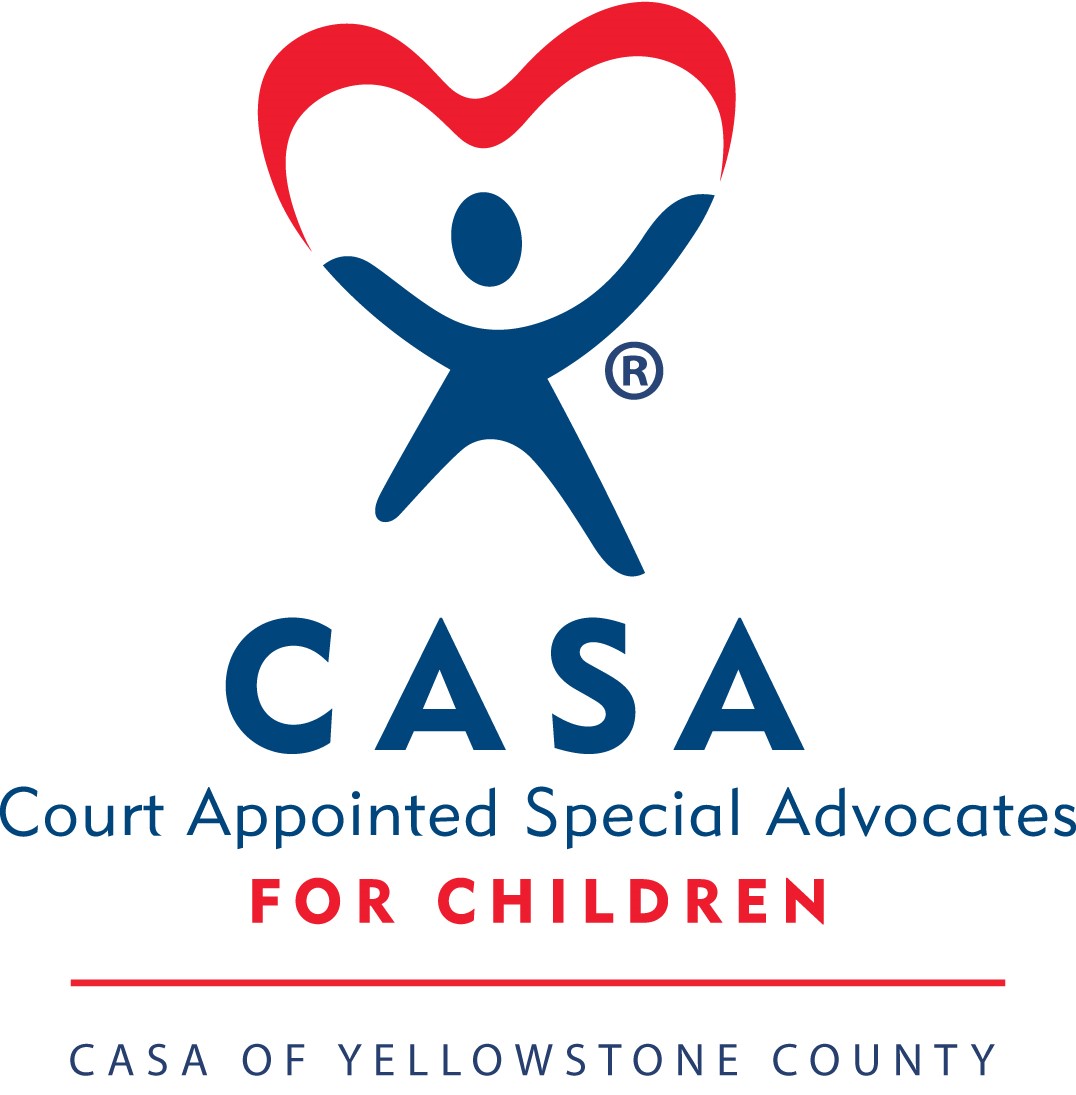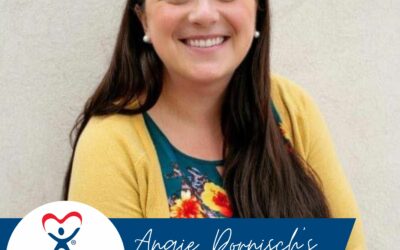I recently spoke with Deborah DePietro about her years as an attorney guardian ad litem for children in foster care. I asked her to share some of her insights as she transitions to retirement and reflects back on her career.
Deborah grew up in New York and moved to California for law school, where she attended classes at night while working full time in the insurance and financial industries. After passing the California bar exam—often considered to be the most difficult in the country—she practiced law in the Golden State for 16 years before moving to continue her career in Montana.
In 2013, Deborah began working on the cases on the court’s docket referred to as “Dependency and Neglect,” providing legal representation to parents whose children had been removed by Child and Family Services and placed outside the home. Deborah’s impression in those initial years was that the efforts for reunification, which is the outcome the system is designed to work toward, ultimately appeared insincere—with the prevailing mindset being that parents needed to “earn” their time with their children.
“It seemed so adversarial,” she said. “It seemed the decision makers were less open to other problem solving solutions.”
In 2015, following conversations with fellow attorneys Judy Williams and the late Damon Gannett, Deborah decided to utilize her law practice to become a guardian ad litem and represent the legal rights and interests of the children involved in the courts’ Dependency and Neglect cases. She started in that role at a time when cases were skyrocketing across Montana—driven in part by the state’s methamphetamine epidemic—and record numbers of children were entering foster care. However, Deborah noted it was also a time when local attorneys and professionals involved in the system were actively working to make it more effective and successful.
Deborah observed that despite research showing that the placement of children with members of their own family resulted in better outcomes for those kids, Montana’s foster care system had been slow to respond. Around the time when she was transitioning to the role of a guardian ad litem, however, she started to see a shift in approaches, with Child and Family Services facilitating more visits between the children and their parents, and the courts offering more services to the families. “I saw there were people in the system who wanted it to be less adversarial,” she said. “I think we are moving away from that way of thinking, and I believe that is good for kids, because they get to see their parents more often or for longer periods of time.”
“Being able to work on that and see the outcome for kids was rewarding,” she said.
Serving children as their guardian ad litem also provided Deborah with the opportunity to communicate with foster parents and collaborate with the children’s Court Appointed Special Advocates. “Becoming a guardian ad litem opened a different perspective for me,” she said. “Positive changes could be made in the way things were done.”
One challenging aspect of her service as a guardian ad litem was seeing children who had previously been reunited with their parents later return to foster care. “Cases that come back into the system after you think you’ve accomplished something good, that was hard,” she said. “It is really disappointing, and really makes you worry about the kids.”
In those situations, however, Deborah noted the difference it made to have the same Court Appointed Special Advocate reappointed to the case once again. “That was wonderful, because the kids would know that person,” she said. “It was wonderful to have that continuity.”

Yellowstone County Courthouse (via courthouses.co)
Although in 2017 the Montana Legislature revised state statute to provide that Court Appointed Special Advocates are to also be appointed as the guardian ad litem for the children they serve, the courts in Yellowstone County follow a different approach than the rest of the state, in which all children in Dependency and Neglect cases receive an attorney who acts as their guardian ad litem, and the children additionally receive Court Appointed Special Advocates based on priority.
During Deborah’s time as one of three attorney guardians ad litem in Yellowstone County, there were approximately 1,000 children in local foster care. “The CASAs helped me quite a bit, because there was no way that I could see all the kids on my caseload,” she said.
She noted that in her role as the children’s guardian ad litem, she was focused primarily on the legal questions in the case; this made the contributions of the Court Appointed Special Advocates especially important. “To have a more child-focused opinion about a particular issue and be kept up to date on the small details was important,” she said.
Deborah remembered that during her time as a guardian ad litem, she and the Court Appointed Special Advocates on her cases did not necessarily always reinforce one another’s opinions. “Sometimes they would take a position that I didn’t agree with, or I would take a position that they didn’t agree with,” she said. “But I always thought it was helpful to have a conversation.”
Deborah expressed that she continues to believe that the children would be benefited by more robust dialogue between the guardian ad litem and the Court Appointed Special Advocate. “CASAs should feel free to reach out to guardians ad litem on a more regular basis and ask questions,” she said.
As she winds down her career practicing law, having retired from her service as a guardian ad litem earlier this year, Deborah feels optimistic about the direction the Dependency and Neglect system is taking. When she started as a guardian ad litem six years ago, she recalled that parents would not have their first court hearing in front of the judge for 20 days or more after their children had been removed by Child and Family Services. During that time, young children did not have any opportunities to see their parents.
Now, visits between the parents and children are arranged immediately, as a result of the efforts toward meaningful reforms within the local courts. “Change is in the process,” she said, “even if it’s taking a long time.”
Deborah stated she believes Child and Family Services makes strong efforts now to place the children with members of their own family. She feels there is still more room for improvement within the court system, however. “I would like to see more vigorous representation of parents in the very early stages of the case,” she said.
“Constitutional rights, due process, you can’t just pay lip service to those,” she said.
Deborah recognized that Court Appointed Special Advocates face a steep learning curve when they first begin in that role—serving in a volunteer capacity and with typically little professional experience within the legal system. However, from Deborah’s observation, that has not stopped them from being effective in their advocacy for the children. She also noted that as her years as a guardian ad litem progressed, she saw the Court Appointed Special Advocates increasingly more confident in speaking up for the children’s best interests. “I’ve worked with CASAs that were courageous in pushing back a little,” she said.
“Speaking up to me, or the county attorney, or the caseworker, or asking for my help in doing those things,” she said. “To have that critical thinking aspect to the situation is important.”
With her work as a guardian ad litem behind her, Deborah looks forward to devoting more time to her ranch, spending time with family and friends, and finally pursuing the activities she often had to forego in her demanding career as an attorney, such as hiking, biking, and backpacking. We thank her for her years of service to children in foster care.
Ben McKee is a Court Appointed Special Advocate with CASA of Yellowstone County.





